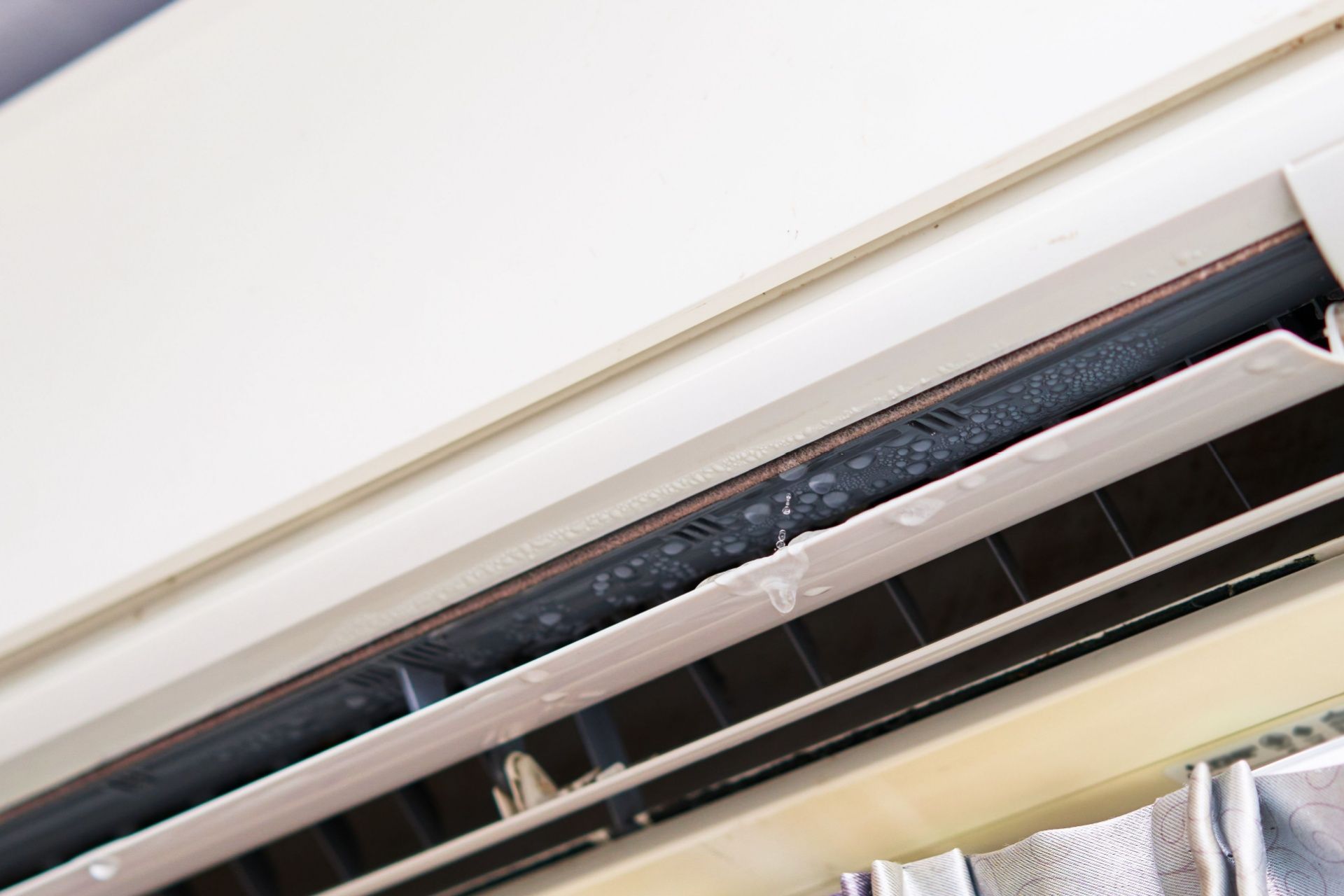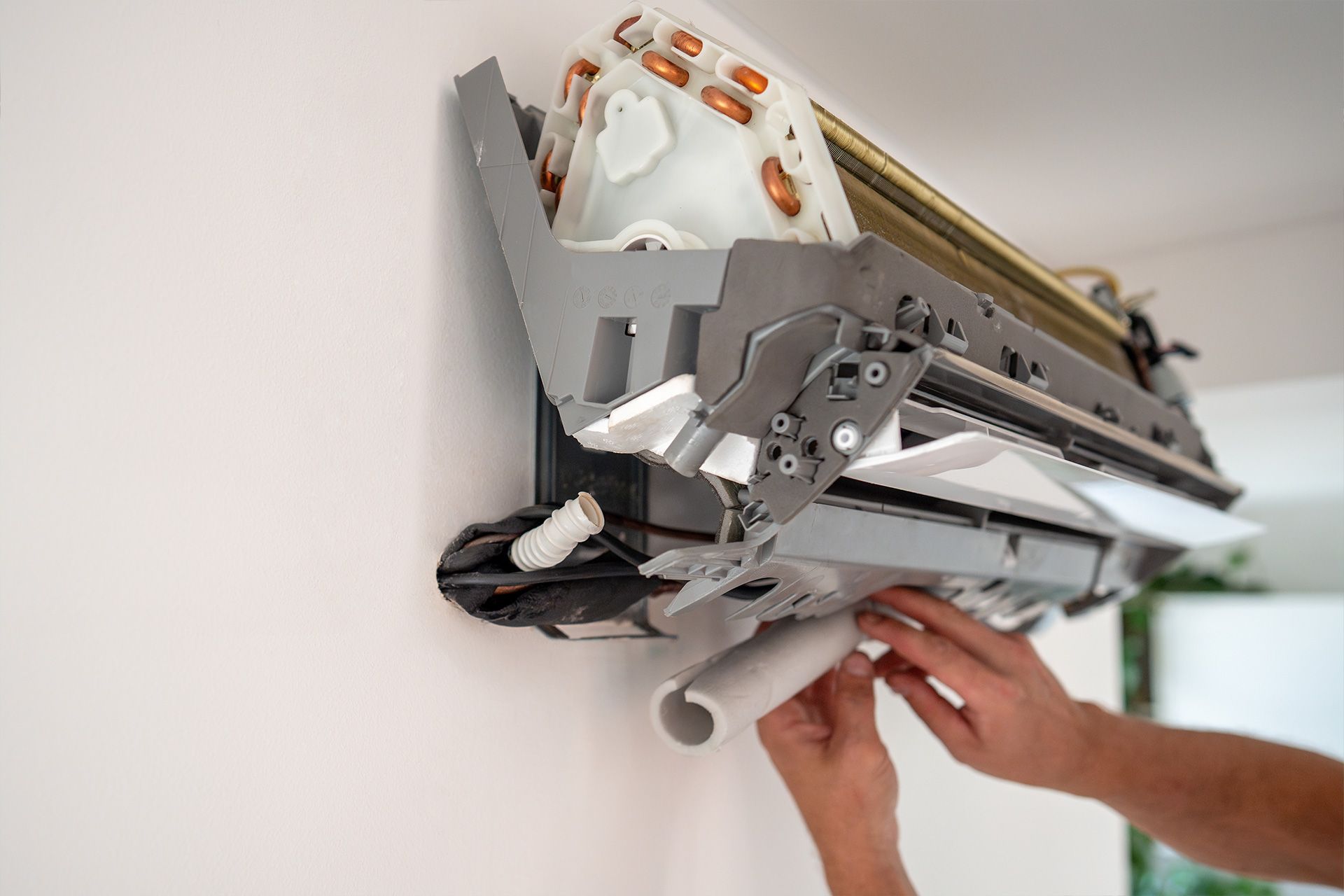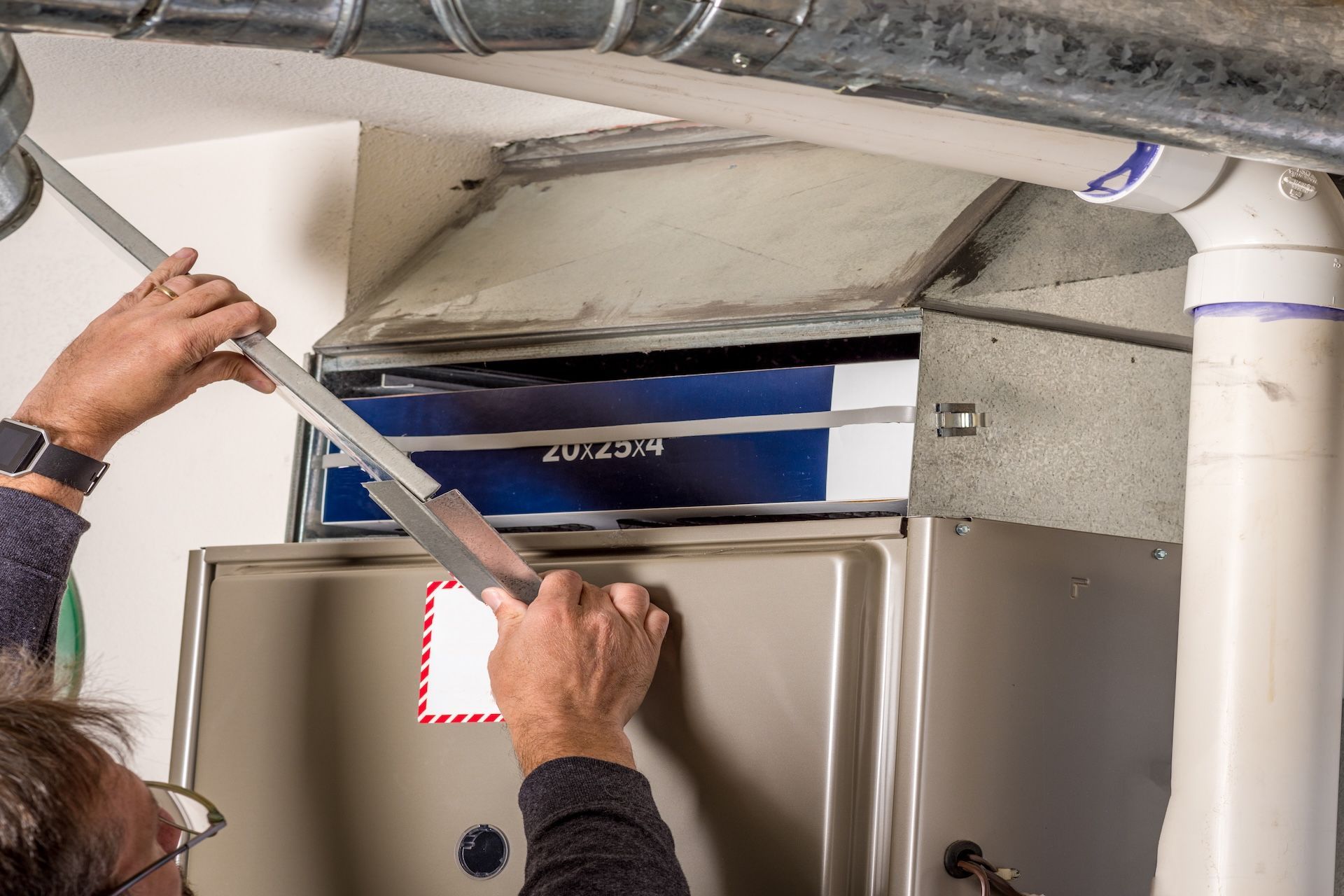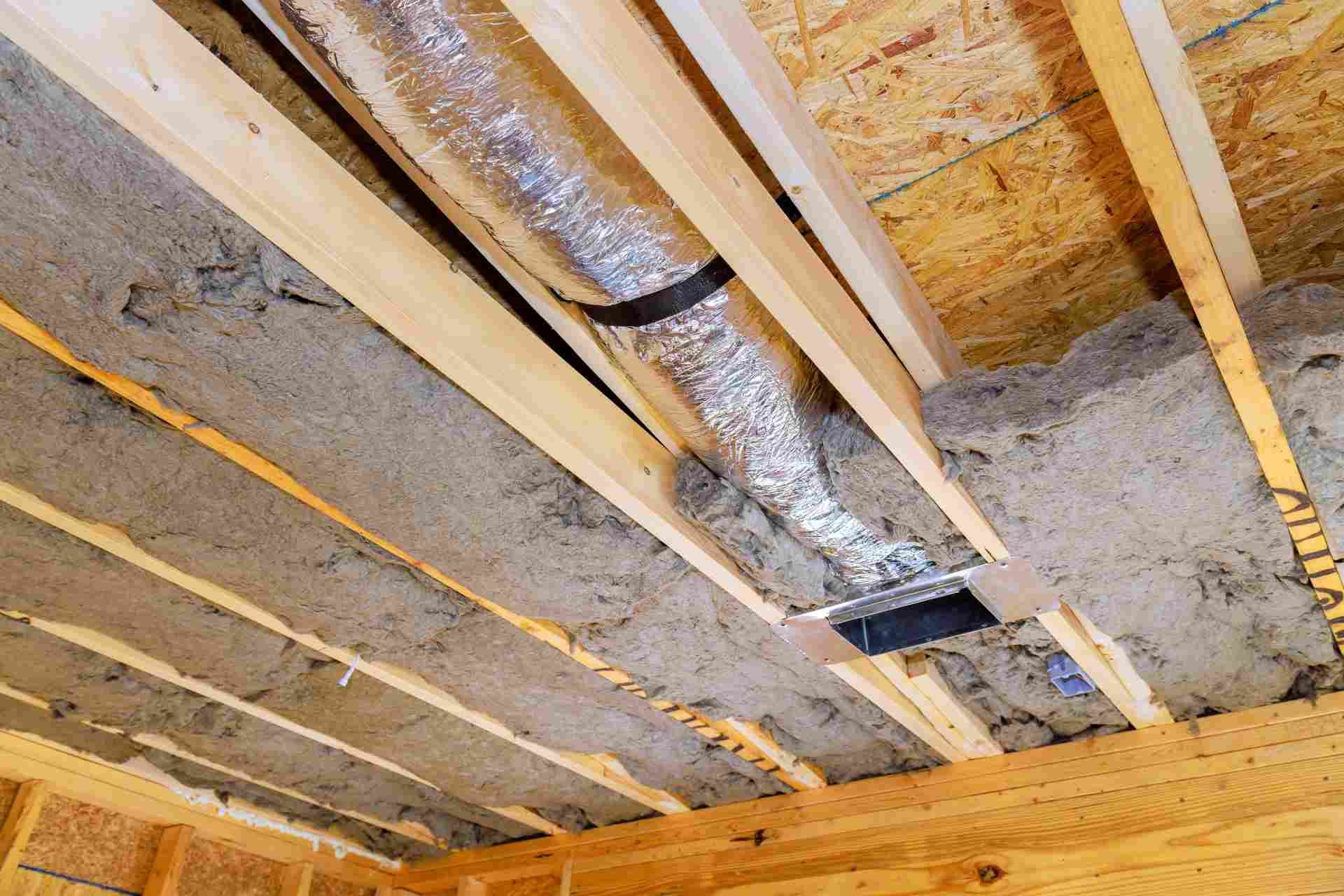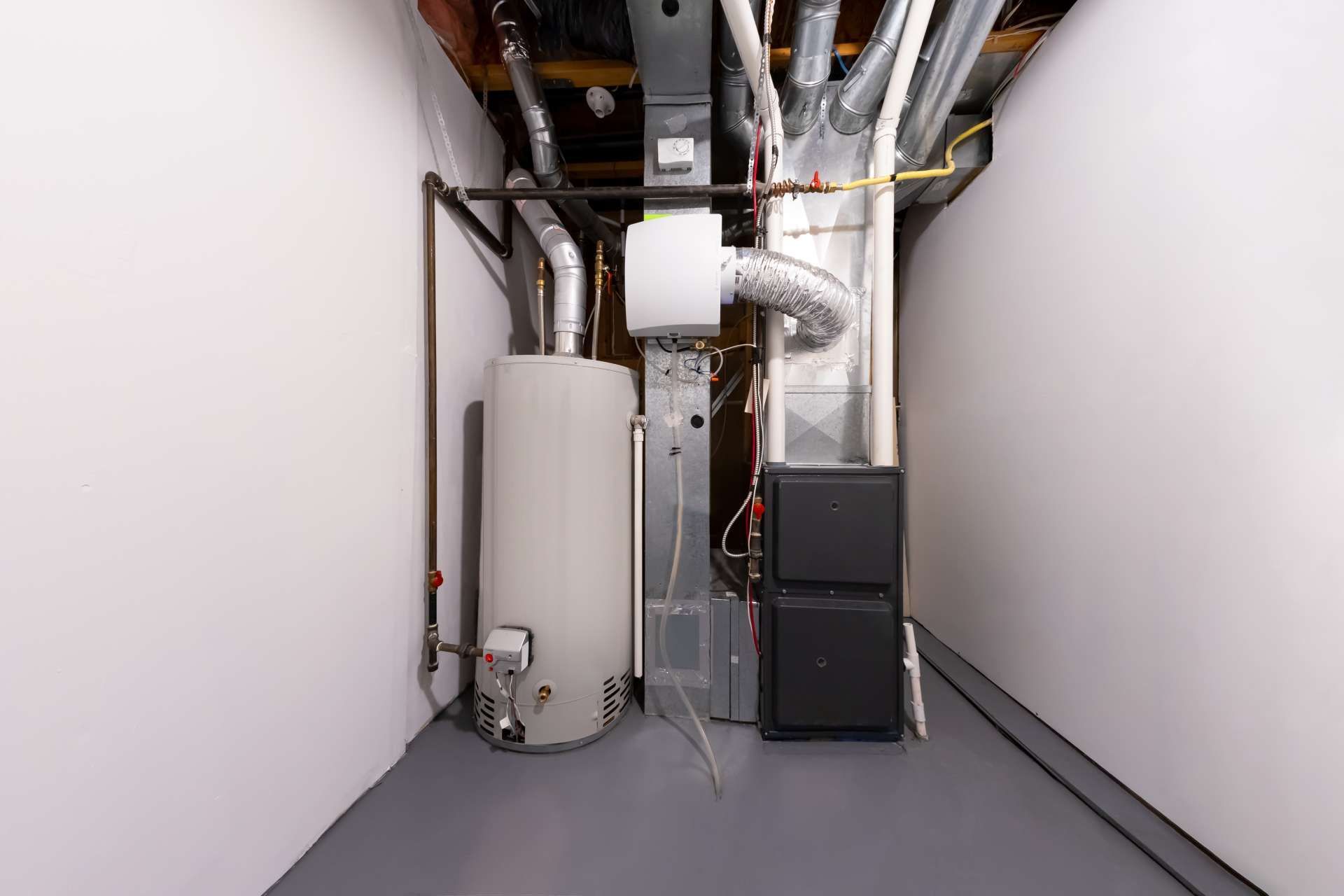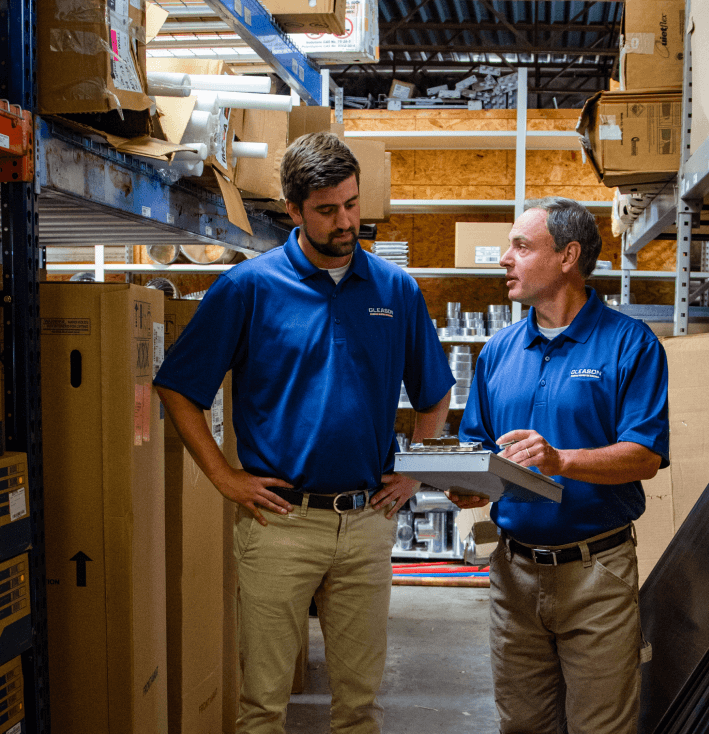Articles
HVAC Contractor Tips and Articles For Your Home
How to Improve Indoor Air Quality with HVAC Solutions
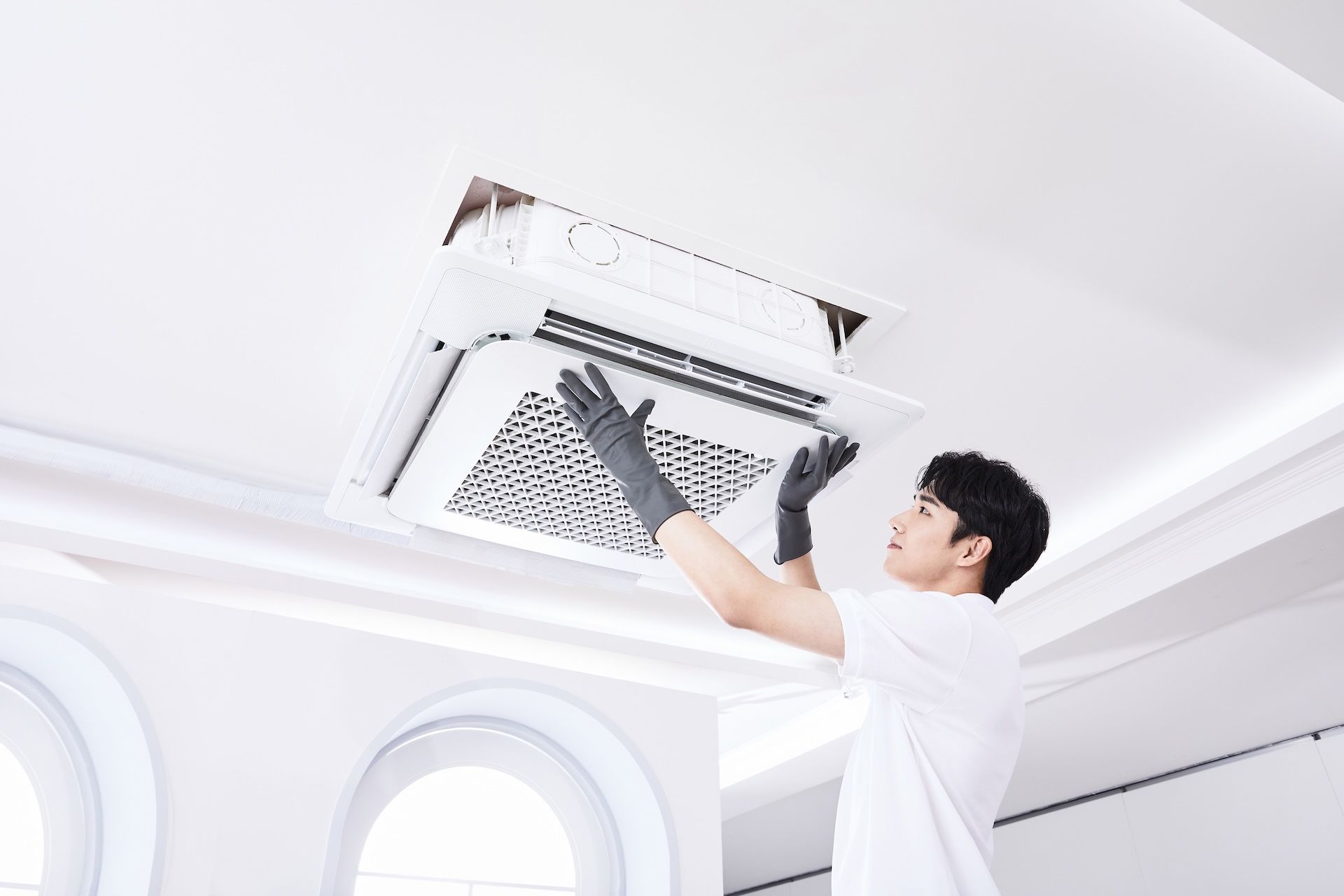
Breathing Cleaner, Healthier Air Starts at Home
The air inside your home might look clean, but it can actually hold dust, pollen, pet dander, and even mold spores. Poor indoor air quality can cause allergies, headaches, or breathing problems, especially for children and older adults.
The good news? Your HVAC system can do more than just heat and cool your home. With the right upgrades and maintenance, it can also help you improve indoor air quality and keep your family healthier.
In this guide, we’ll explore how HVAC solutions like air filtration, UV-C light systems, humidity control, and air purifiers can make a big difference in your home’s air quality.
Why Indoor Air Quality Matters
Indoor air quality (IAQ) refers to the condition of the air inside your home or building. Since most people spend over 90% of their time indoors, the air you breathe at home plays a big role in your overall health.
Common causes of poor indoor air quality include:
- Dust, dirt, and pet hair buildup
- Mold and mildew growth
- High or low humidity levels
- Cleaning chemicals and air fresheners
- Pollutants entering from outside
These pollutants can lead to allergies, asthma flare-ups, and general discomfort. That’s why investing in indoor air quality HVAC solutions is one of the smartest moves homeowners can make.
1. HVAC Air Filtration Systems: Your First Line of Defense
Your HVAC filter is designed to trap airborne particles before they circulate through your home. But not all filters are created equal.
Standard filters mainly protect the HVAC unit, not your lungs. To truly improve indoor air quality, consider upgrading to high-efficiency filters or HEPA filters.
Benefits of advanced HVAC air filtration:
- Removes dust, pollen, and smoke particles
- Reduces allergy and asthma symptoms
- Keeps HVAC equipment cleaner for longer
- Improves airflow and system efficiency
Pro tip: Check your HVAC filter every month and replace it every 1–3 months. A dirty filter can restrict airflow and allow contaminants to recirculate.
2. UV-C Light Systems: Fighting Invisible Threats
Even with the best filters, some microscopic organisms like bacteria and mold can slip through. That’s where UV-C light systems come in.
These systems use ultraviolet light to kill or deactivate germs before they reach your living spaces. They’re typically installed inside your HVAC ductwork or near the coil.
How UV-C light systems improve indoor air quality:
- Destroys bacteria, mold spores, and viruses
- Prevents mold from growing on coils and drain pans
- Reduces musty odors
- Keeps the air cleaner and healthier
Many hospitals and commercial buildings use UV-C systems for sterilization. Now, homeowners are using the same technology to make indoor environments safer.
3. Humidity Control in HVAC Systems
Humidity plays a major role in air quality. Too much moisture can lead to mold growth, while too little can cause dry skin and irritated sinuses.
Ideal indoor humidity levels are between 30% and 50%. Modern HVAC systems can include humidifiers or dehumidifiers to maintain the perfect balance year-round.
Benefits of humidity control HVAC systems:
- Prevents mold and mildew
- Protects furniture, wood floors, and walls
- Helps you feel more comfortable at any temperature
- Reduces dust mites and allergens
Tip: If you often notice condensation on windows, musty odors, or dry indoor air, your home’s humidity may be off balance. A professional HVAC technician can install a whole-home humidity control system to solve these issues.
4. Air Purifiers for HVAC Systems
While standalone air purifiers can help in small spaces, whole-home air purifiers work directly with your HVAC system to clean the air throughout your house.
These systems use multiple technologies, including HEPA filters, activated carbon filters, and ionizers, to remove pollutants that standard filters can’t catch.
Benefits of HVAC air purifiers:
- Captures microscopic particles like smoke, pet dander, and dust
- Neutralizes odors and volatile organic compounds (VOCs)
- Reduces the spread of airborne illnesses
- Improves sleep and overall comfort
Installing an air purifier in your HVAC system ensures that every room benefits from cleaner air, not just one.
5. Regular HVAC Maintenance: The Key to Cleaner Air
Even the best equipment can’t help if your system isn’t properly maintained. Routine HVAC maintenance ensures your HVAC system is working efficiently and not spreading pollutants.
HVAC maintenance tasks for better indoor air quality:
- Replace filters regularly
- Clean coils, vents, and ducts
- Check for mold or water leaks
- Inspect UV-C lights and humidifiers annually
Professional HVAC technicians can also test your home’s air quality and recommend solutions tailored to your needs.
6. Smart HVAC Technology and Air Quality Monitoring
Smart thermostats and air quality monitors are changing how homeowners manage comfort and air purity.
How smart HVAC systems help:
- Track air quality in real-time
- Alert you when filters or UV lights need replacement
- Adjust humidity automatically
- Save energy while keeping the air clean
Combining smart technology with traditional HVAC upgrades creates a proactive system that constantly maintains optimal air quality.
7. Signs Your Home Needs an Air Quality Upgrade
Not sure if your home’s air needs improvement? Watch for these warning signs:
- Frequent sneezing, coughing, or allergies
- Musty or stale odors
- Visible dust buildup
- High energy bills (caused by dirty filters)
- Mold or mildew growth
- Dry skin or static shocks
If any of these sound familiar, it’s time to consider upgrading your indoor air quality HVAC system.
8. Choosing the Right HVAC Partner
Improving indoor air quality requires more than just buying new equipment. You need an experienced HVAC contractor who understands how to customize solutions for your home.
At Gleason Heating and Air Conditioning, our experts specialize in:
- HVAC air filtration and purification systems
- UV-C light installations
- Whole-home humidity control
- Regular maintenance and tune-ups
We use proven techniques and reliable products to ensure your air is safe and comfortable year-round.
Final Thoughts
Clean indoor air isn’t just a luxury; it’s essential for your family’s health and comfort. Modern HVAC systems equipped with air filtration, UV-C light, humidity control, and purifiers can make a huge difference in your home environment.
Breathe easier today. Contact
Gleason Heating and Air Conditioning for expert HVAC solutions to improve your home’s indoor air quality!
FAQs
How often should I replace my HVAC filter?
Most homes should replace filters every 1–3 months. If you have pets or allergies, monthly replacement is best.
Do UV-C light systems use a lot of energy?
No, UV-C lights are energy-efficient and have minimal impact on your electricity bill while providing major health benefits.
Can HVAC systems remove all pollutants from the air?
No system can remove 100% of pollutants, but combining filters, UV-C lights, humidity control, and air purifiers can significantly reduce contaminants.
Are HVAC air purifiers safe for pets and children?
Yes, most HVAC air purifiers are completely safe and help reduce pet dander and allergens, improving health for everyone.
How can I check my home’s indoor air quality?
You can use a smart air quality monitor or schedule a professional inspection from your local HVAC provider.
Disclaimer: The information on this website and blog is for general informational purposes only and is not professional advice. We make no guarantees of accuracy or completeness. We disclaim all liability for errors, omissions, or reliance on this content. Always consult a qualified professional for specific guidance.

